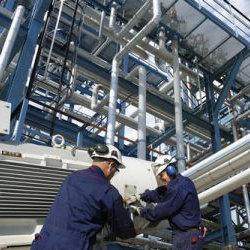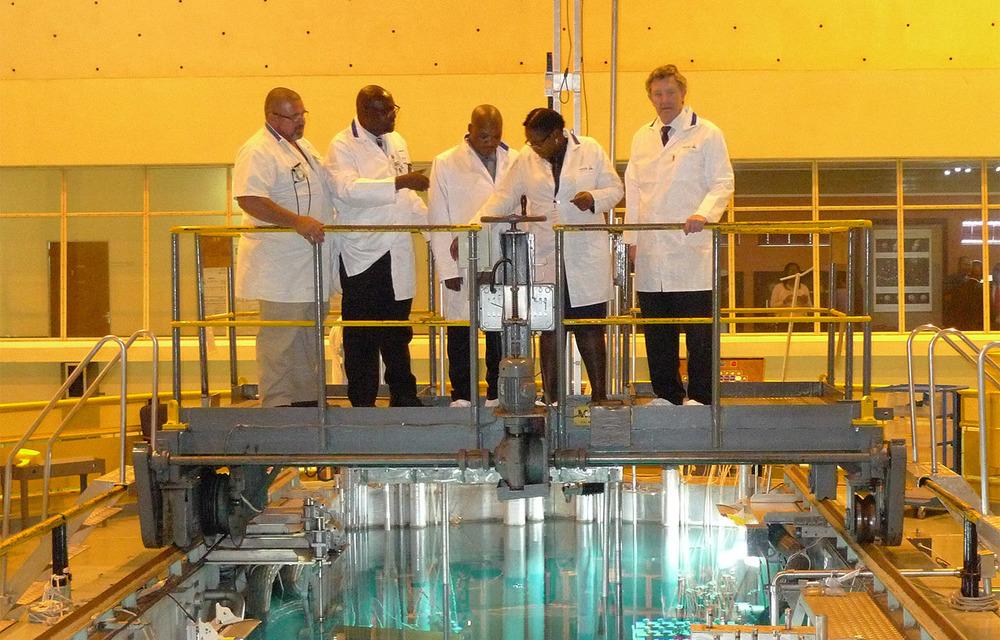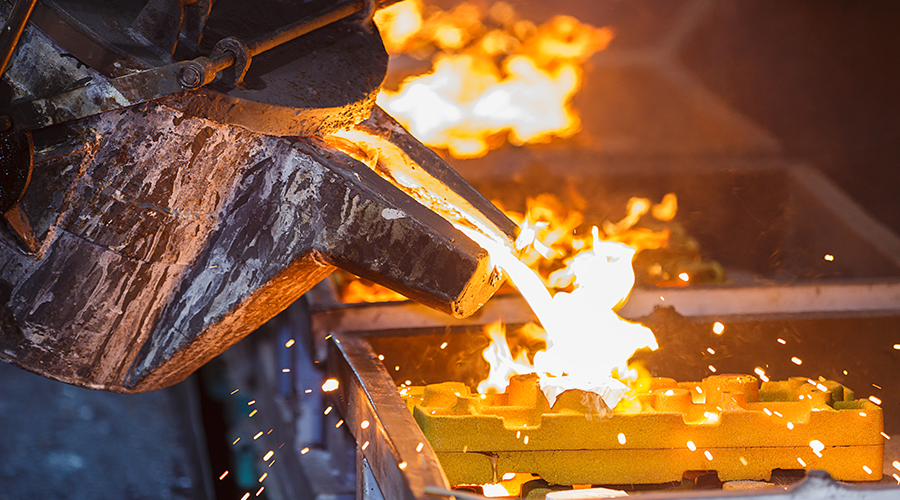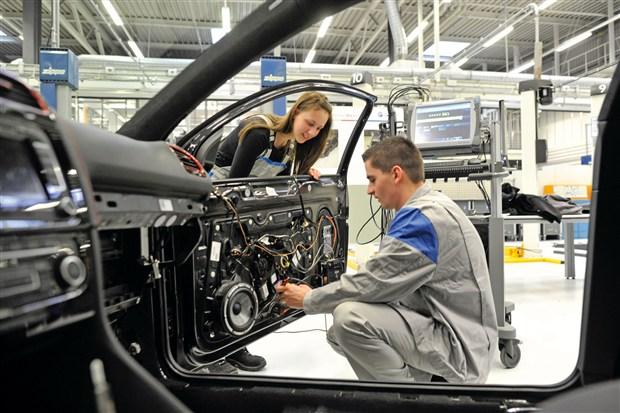Explore Our Bill Payment Services:

- Salary And Allowance
- Engineers Salary
- South Africa
Salary And Allowance Structure Of Manufacturing Engineering In South Africa
Manufacturing Engineering is one of the unsung heroes of South Africa’s industrial and economic backbone. Every time you see a car rolling out of an assembly plant, a packaged loaf of bread on a supermarket shelf, or even advanced machinery used in construction, you’re seeing the handiwork of manufacturing engineers. These professionals combine technical brilliance with problem-solving finesse to streamline systems, optimize processes, and integrate cutting-edge technology into production lines.
But beyond the pride and purpose, there’s another critical factor that sparks curiosity—the salary structure and allowances of manufacturing engineers in South Africa. What do they actually earn? Does specialization make a difference? How do salaries change across cities like Johannesburg, Cape Town, or Durban? And what about bonuses—do they exist in this field?
This blog post takes a deep dive into the world of numbers, shedding light on salaries by experience, region, role, and skill set. We’ll also discuss allowances, bonuses, and practical tips to help aspiring and current engineers maximize their earnings.
Average Salary: What’s the Ground Level?
Let’s start with the basics. The average salary for a Manufacturing Engineer in South Africa hovers around R340,400 per year, which breaks down to about R28,366 per month. Of course, this is an average, and salaries can swing quite a bit depending on several factors. At the entry level, a new graduate might see offers starting from R158,700 per year, while at the high end, seasoned professionals in specialized industries can command salaries close to R541,700 annually.
Interestingly, certain job categories closely related to manufacturing engineering, like production engineering, often report even higher averages. In large automotive plants or high-volume production industries, it’s not uncommon for total compensation packages to stretch well beyond R700,000 annually. Some highly specialized engineers even fall within the R650,000 to R850,000 range, particularly when their expertise intersects with automation, robotics, or data-driven process optimization.
So what drives this wide range? It boils down to specialization, geographic location, experience, and the level of responsibility tied to a role. A young engineer starting out in a smaller plant will not earn the same as a process optimization expert leading automation initiatives in Johannesburg.
Salary Growth: By Experience Level
One undeniable truth in this field is that experience pays. As engineers spend more years in the industry, gaining exposure to new systems, leadership responsibilities, and advanced problem-solving, their earnings grow steadily. Here’s a breakdown of how salaries evolve with time:
| Experience Level | Annual Average (ZAR) | Monthly Equivalent (ZAR) |
|---|---|---|
| 0–2 years | ~175,900 | ~14,650 |
| 2–5 years | ~239,000 | ~19,900 |
| 5–10 years | ~351,900 | ~29,300 |
| 10–15 years | ~426,700 | ~35,600 |
| 15–20 years | ~466,900 | ~38,900 |
| 20+ years | ~504,300 | ~42,000 |
From this progression, you can see that a professional who sticks to the industry long enough can triple their entry-level salary by the time they become a veteran. It’s proof that manufacturing engineering rewards consistency, skill development, and resilience.
Sectoral and Skill-Based Pay Variations
Not all manufacturing engineers earn the same. Your skill set and sector can have a dramatic effect on your paycheck. Let’s break this down:
-
Process Engineering Expertise
Manufacturing engineers specializing in process optimization often earn in the range of R180,000 to R863,000 annually, depending on seniority. The average sits around R502,400. On top of this, process engineers often earn bonuses ranging from R10,900 to R35,000, reflecting the direct impact they have on efficiency and profitability. -
Engineering Design Skills
Engineers who focus on design, whether for tools, machinery, or production layouts, typically earn around R470,300 per year, with starting salaries near R212,000 and ceilings around R595,000. Bonuses in these roles can reach up to R16,200. -
Automation and Robotics
While less documented in standard salary charts, it’s well known in industry circles that engineers with expertise in automation and robotics can negotiate significantly higher pay packages. As more South African factories adopt Industry 4.0 technologies, this skill set is becoming a golden ticket.
In short, specialization pays. If you’re strategic about your career path and continuously upskill in high-demand areas, you can easily out-earn peers who remain in generalist roles.
Regional Salary Differences: Where You Work Matters
South Africa is a diverse country, and salaries for manufacturing engineers vary depending on geography. Cities with higher industrial activity or global company presence tend to pay more.
Take Durban, for example. Salaries here start at around R208,600 annually for fresh graduates but can climb up to R507,300 for experienced professionals. The city’s strong manufacturing presence, especially in automotive and port-related industries, makes it a lucrative spot.
Johannesburg and Cape Town also offer competitive salaries, particularly for engineers working in high-tech or export-oriented plants. Pretoria, while smaller, benefits from being a governmental and research hub, which sometimes translates into higher-than-average pay for niche engineering roles.
So if maximizing your salary is a top priority, relocating to an industrial hub could be worth considering.
Manufacturing vs Production Engineers: The Fine Distinction
While many people use the terms interchangeably, there’s a key difference between manufacturing engineers and production engineers.
-
Manufacturing Engineers are system-focused. They design, optimize, and integrate processes across the board.
-
Production Engineers, on the other hand, are more operationally focused, dealing with the day-to-day management of production lines.
This distinction also reflects in their pay. On average, a Production Engineer in South Africa earns around R412,980 annually, with entry-level salaries starting from about R97,200 and senior roles reaching close to R667,750. Profit-sharing and performance bonuses are also more common in production engineering roles, thanks to their direct ties to output levels.
Senior Roles: How Much Do Leaders Earn?
If you’ve been in the industry for over a decade and worked your way into a senior or leadership role, the rewards are substantial. A Senior Manufacturing Engineer in South Africa can expect to earn around R616,000 annually, or about R51,334 per month.
These roles often involve leading teams, overseeing large-scale operations, and making strategic decisions about process improvements and investments. Naturally, this level of responsibility commands higher pay.
Summary: A Snapshot of the Salary Structure
For easier reference, here’s a consolidated snapshot of what we’ve covered:
| Role / Factor | Annual Salary (ZAR) |
|---|---|
| Entry-level (0–2 yrs) | ~175,900 |
| Mid-career (5–10 yrs) | ~351,900 |
| Highly Experienced (20+ yrs) | ~504,300 |
| Specialized (Process Engineering) | ~502,400 |
| Specialized (Design Skills) | ~470,300 |
| Production Engineer (Average) | ~413,000 |
| Senior Manufacturing Engineer | ~616,000 |
| Median Manufacturing Engineer | ~340,400 |
| High-end (Specialized/Urban Hubs) | up to ~850,000 |
Allowances and Bonuses: The Extras
Now let’s talk about the sweeteners beyond the basic salary. While allowances aren’t as standardized in manufacturing engineering as they are in sectors like mining or oil and gas, they do exist.
Some employers provide housing or transport allowances, particularly for engineers relocating to plants far from major cities. In addition, performance-based bonuses are fairly common. For instance, engineers in process engineering often see extra pay ranging from R10,900 to R35,000, while design engineers may receive bonuses up to R16,200.
At senior levels, profit-sharing arrangements sometimes come into play. These ensure that engineers who contribute to improved efficiency or higher output share directly in the company’s success.
Insights and Career Guidance for Manufacturing Engineers
If you’re considering this career path or already walking it, here are some takeaways to guide your financial and professional journey:
1. Experience Pays Off
Stay in the field long enough and your salary can easily triple. Patience, persistence, and consistent learning are rewarded.
2. Specialize Strategically
Areas like process optimization, design, automation, and robotics are high-paying niches. The more specialized your skill set, the stronger your bargaining power.
3. Location Matters
Relocating to industrial hubs like Johannesburg, Durban, or Cape Town can give your paycheck a significant boost.
4. Leadership Brings Rewards
Aspire toward senior or managerial positions if you want to break into the higher-earning brackets.
5. Negotiate with Bonuses in Mind
Don’t just focus on the base salary. Inquire about profit-sharing, housing allowances, and transport support. These extras can significantly elevate your total compensation.
Conclusion
Manufacturing Engineering in South Africa is not only a profession of high responsibility but also one of impressive earning potential. Entry-level salaries may hover between R175,000 and R240,000 annually, but through specialization, leadership, and strategic career decisions, earnings can soar past R500,000, with the upper tier reaching R800,000 or more.
While allowances and bonuses aren’t guaranteed, they can add considerable value, especially in larger organizations or specialized roles. For ambitious professionals, the message is clear: build in-demand skills, consider relocation to industrial hubs, and aim for leadership positions. With South Africa’s ongoing shift toward advanced manufacturing and automation, the future looks bright for manufacturing engineers ready to seize opportunities.









